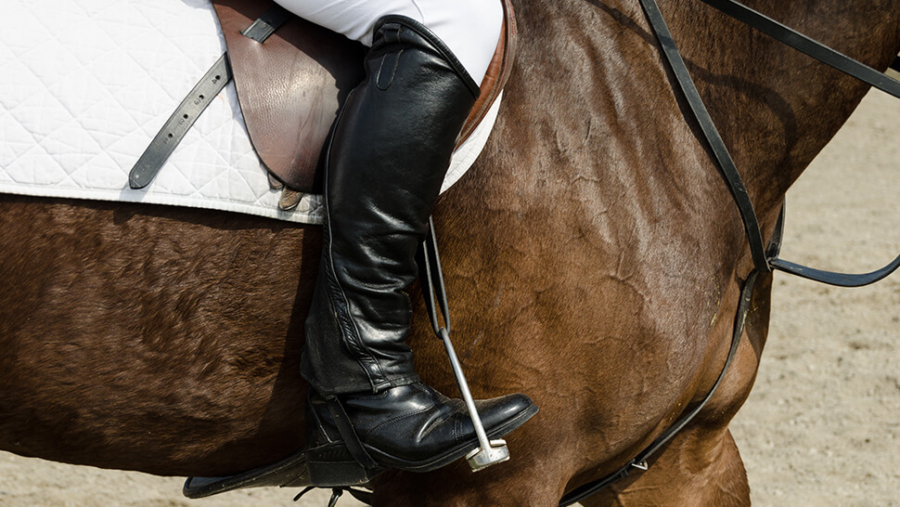
Article
30 April 2024
3 minute read
This website will offer limited functionality in this browser. We only support the recent versions of major browsers like Chrome, Firefox, Safari, and Edge.

Generally speaking, a loan agreement is a contract between a borrower and an owner, where no money changes hands. A lease agreement is a contract between owner and hirer, where a fee is paid in return for use of a horse.
Our team, being owners and riders ourselves, are ideally placed to help you with such agreements.